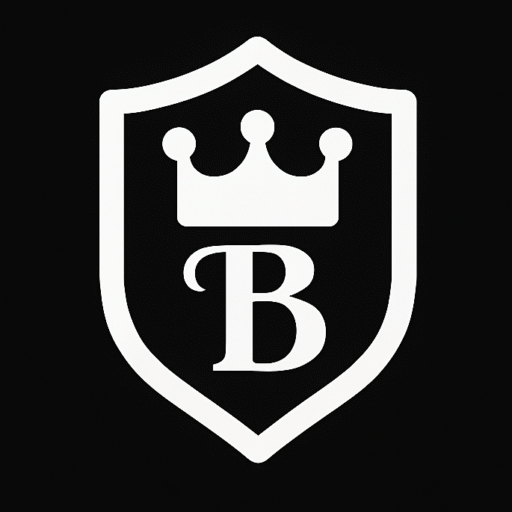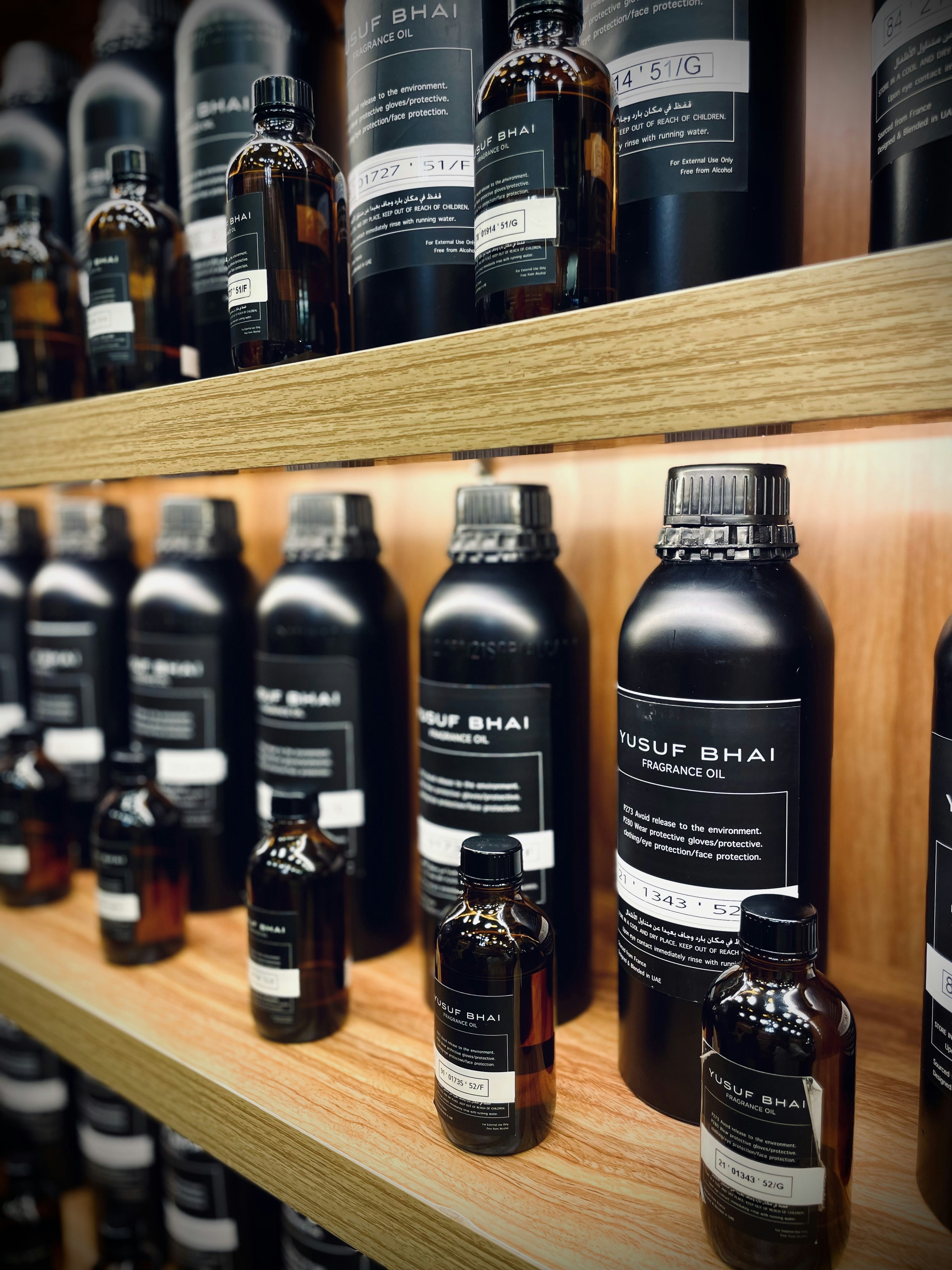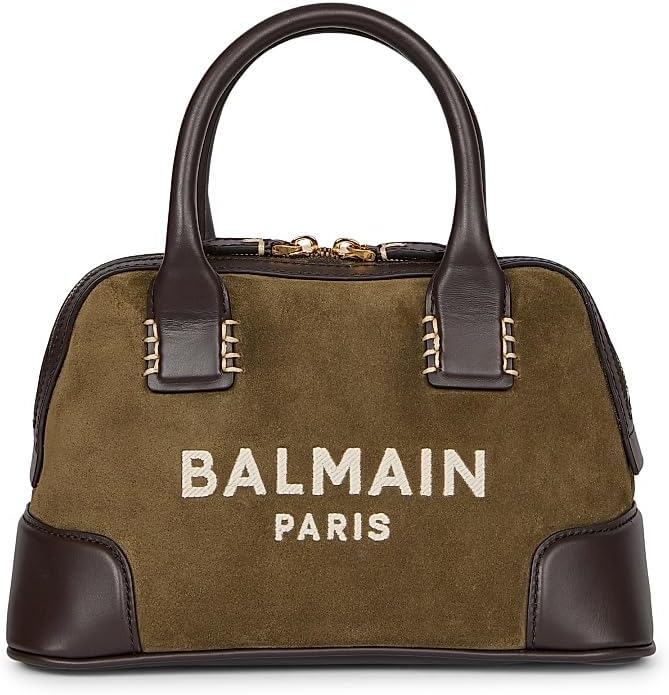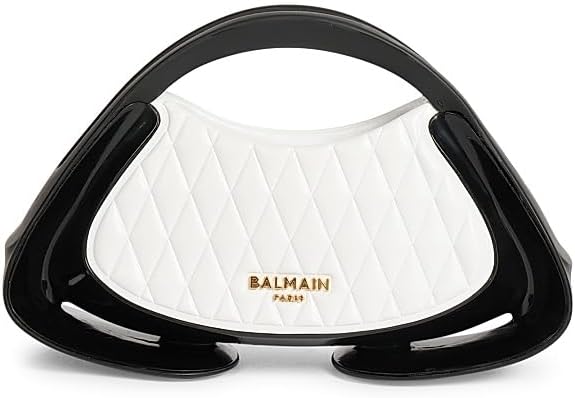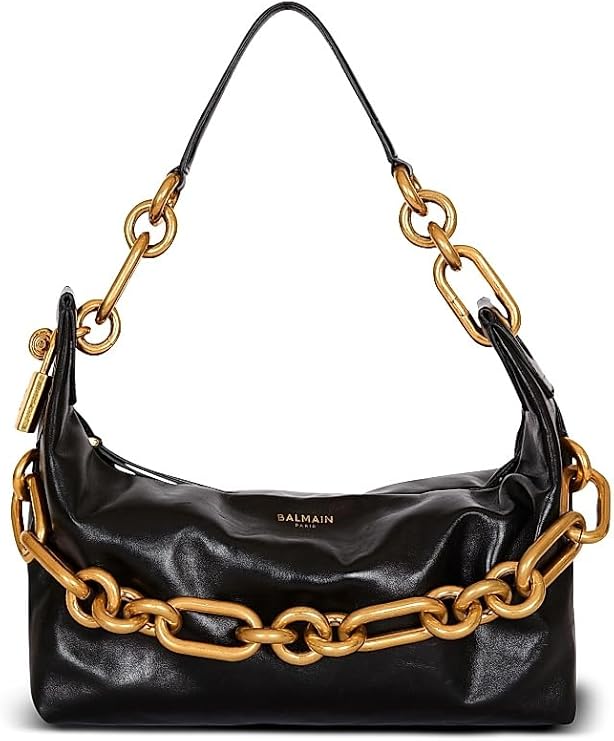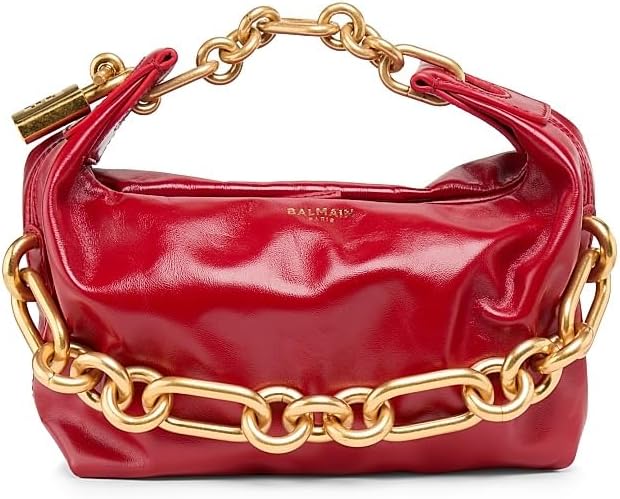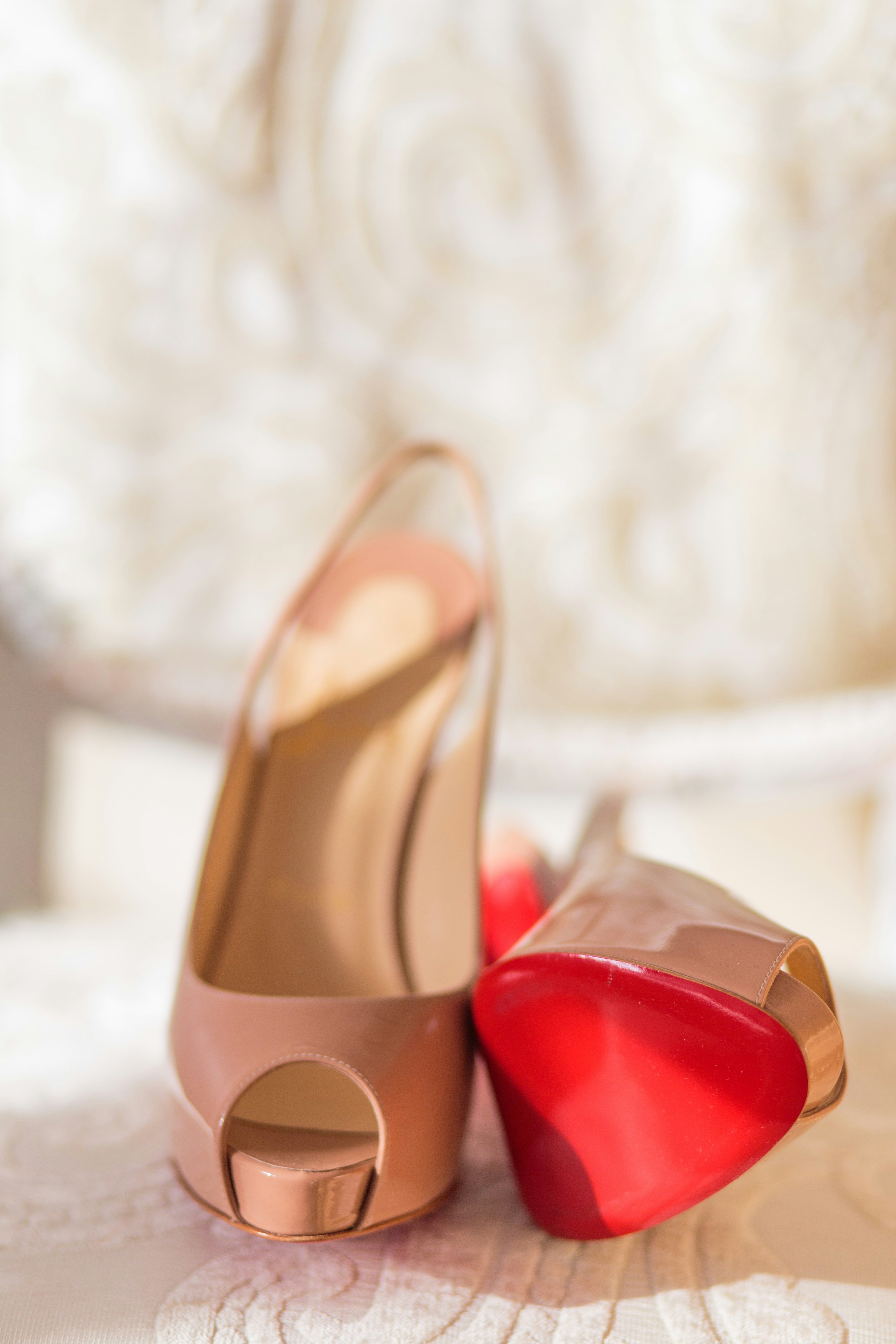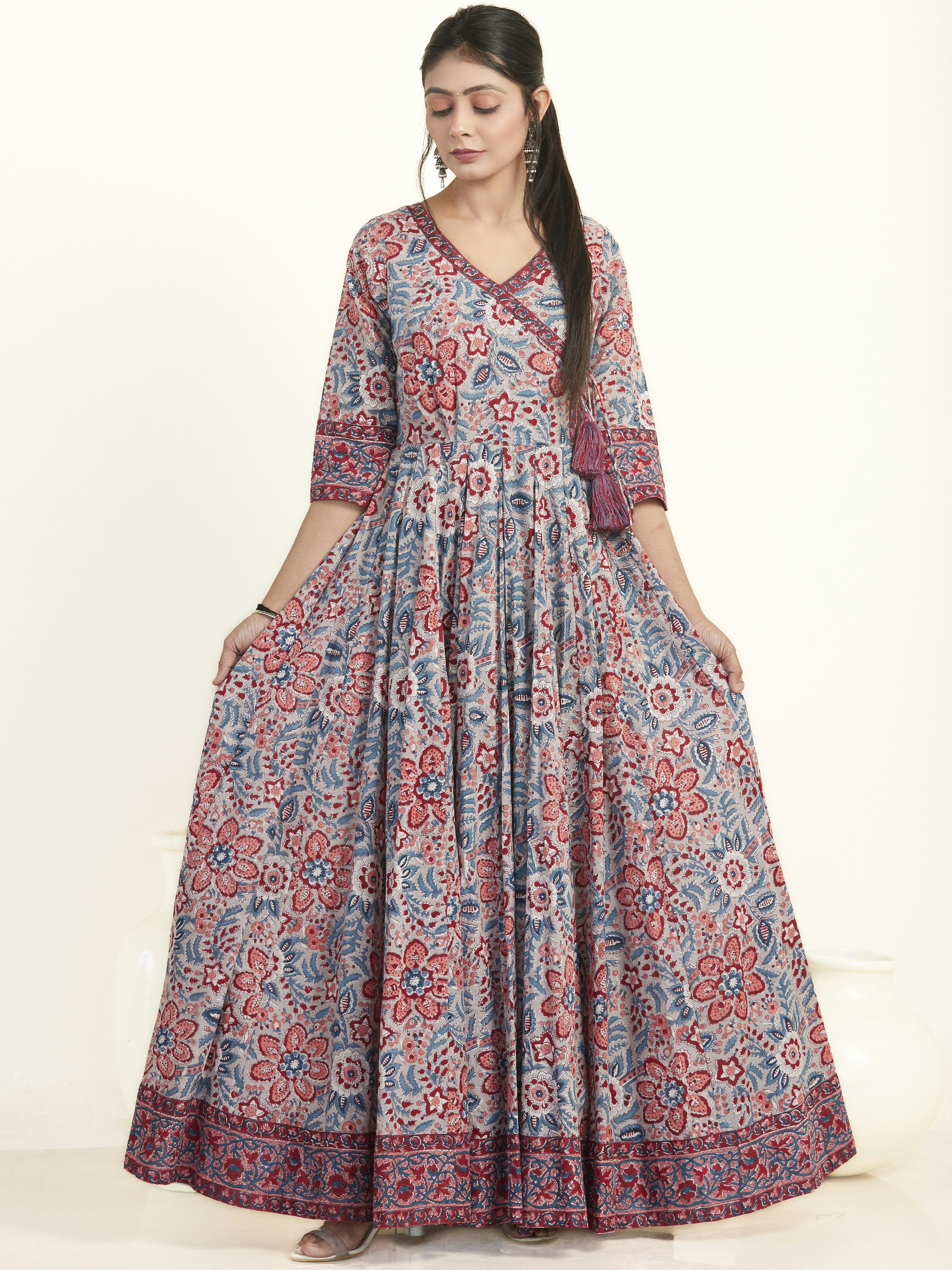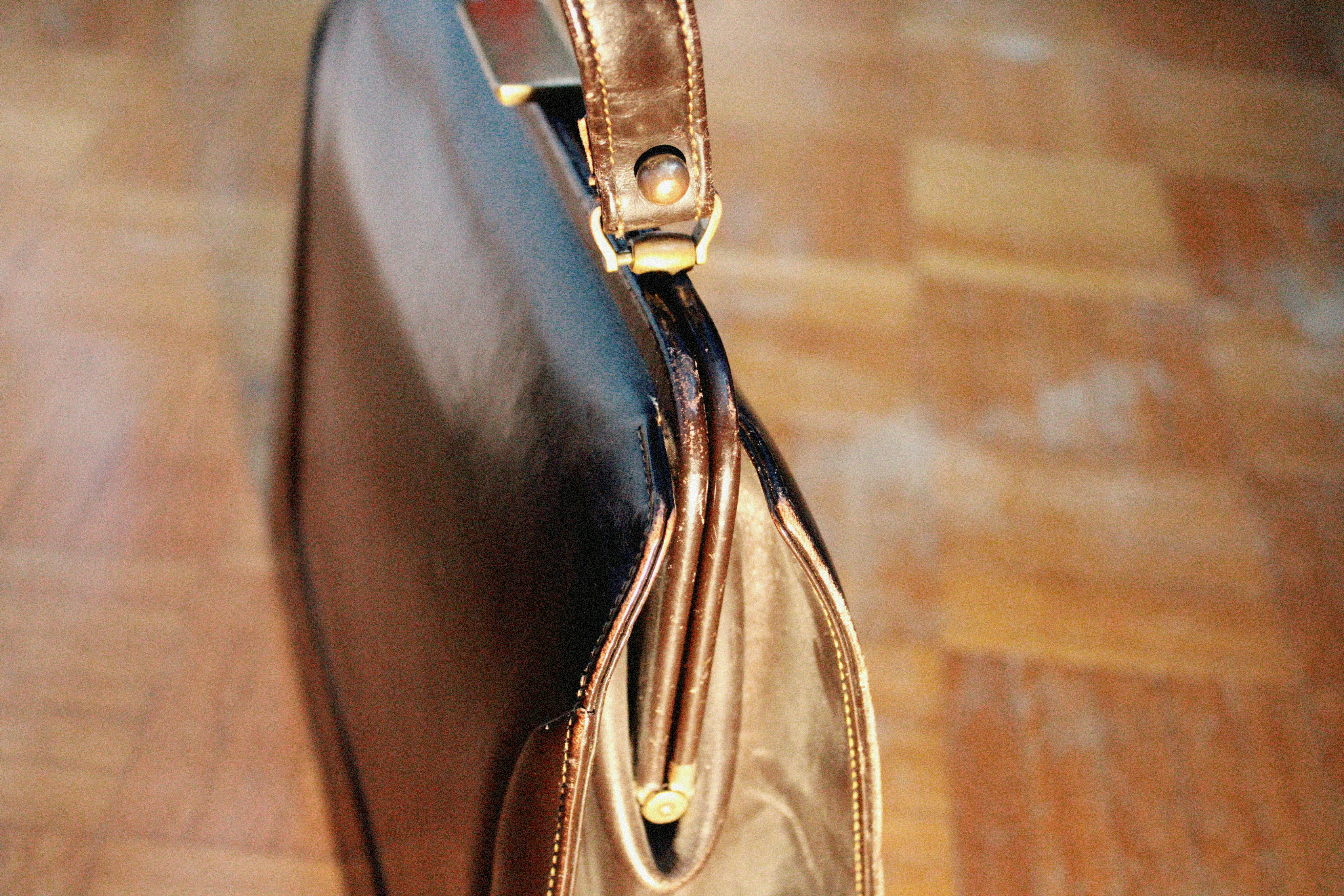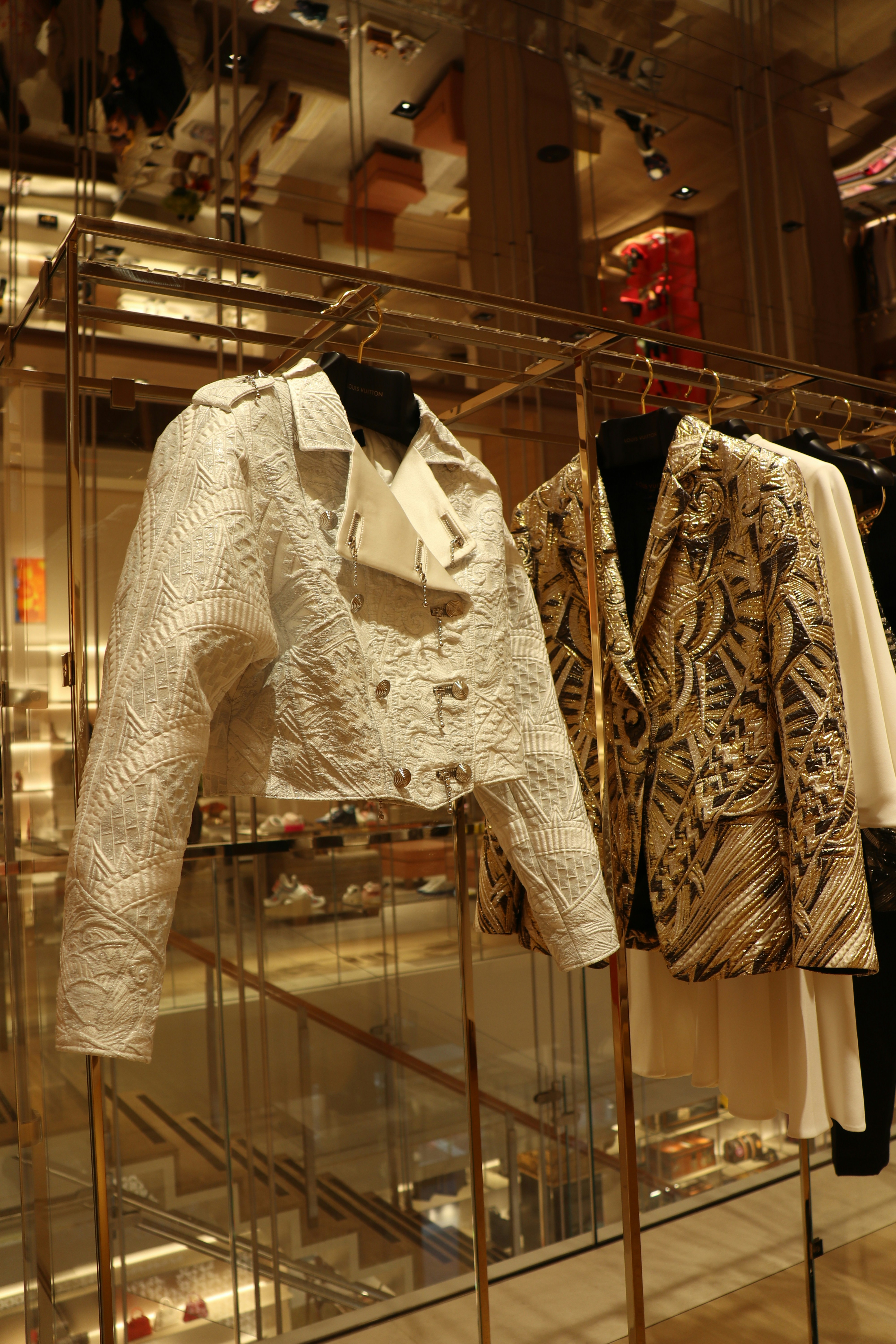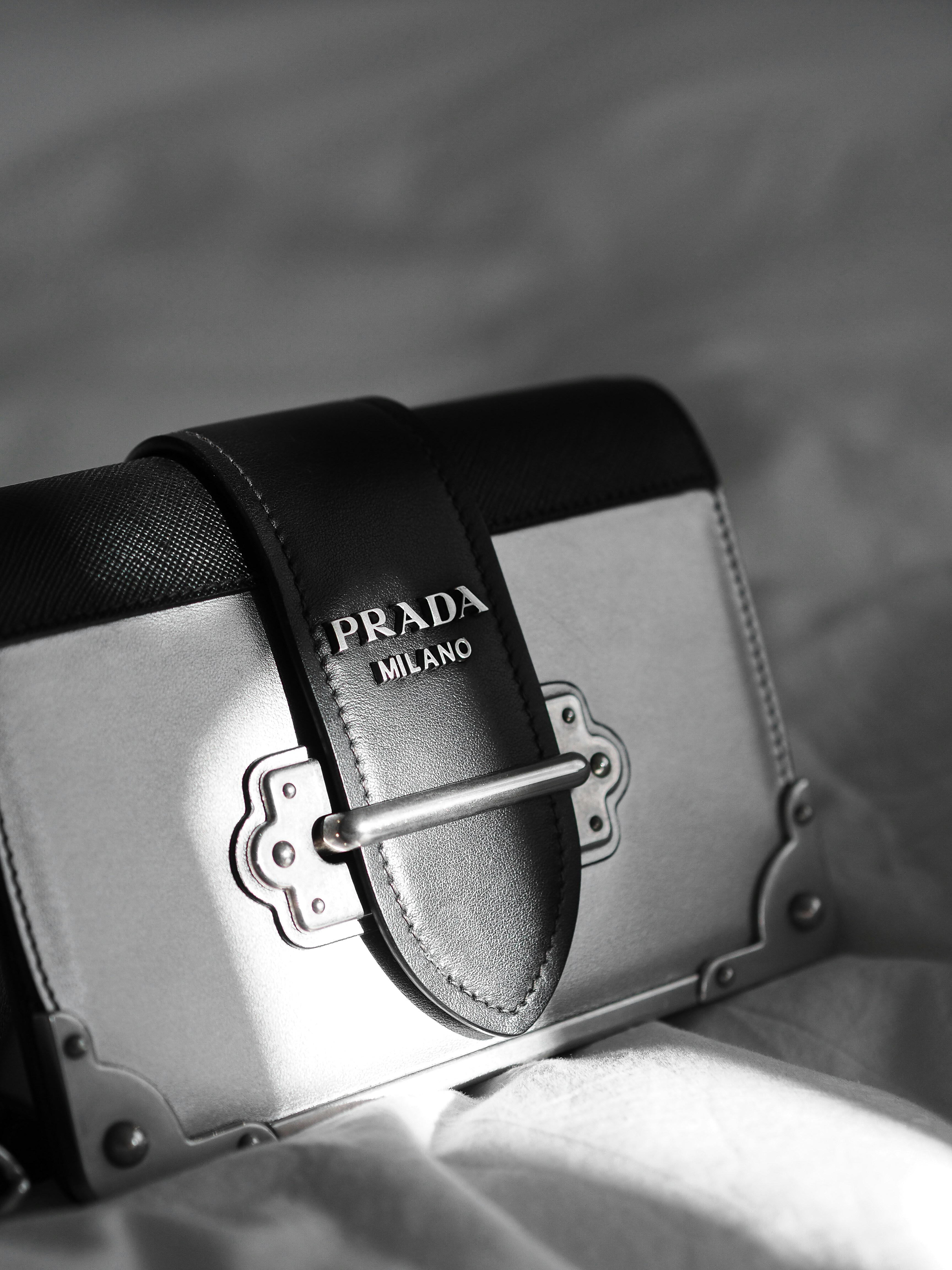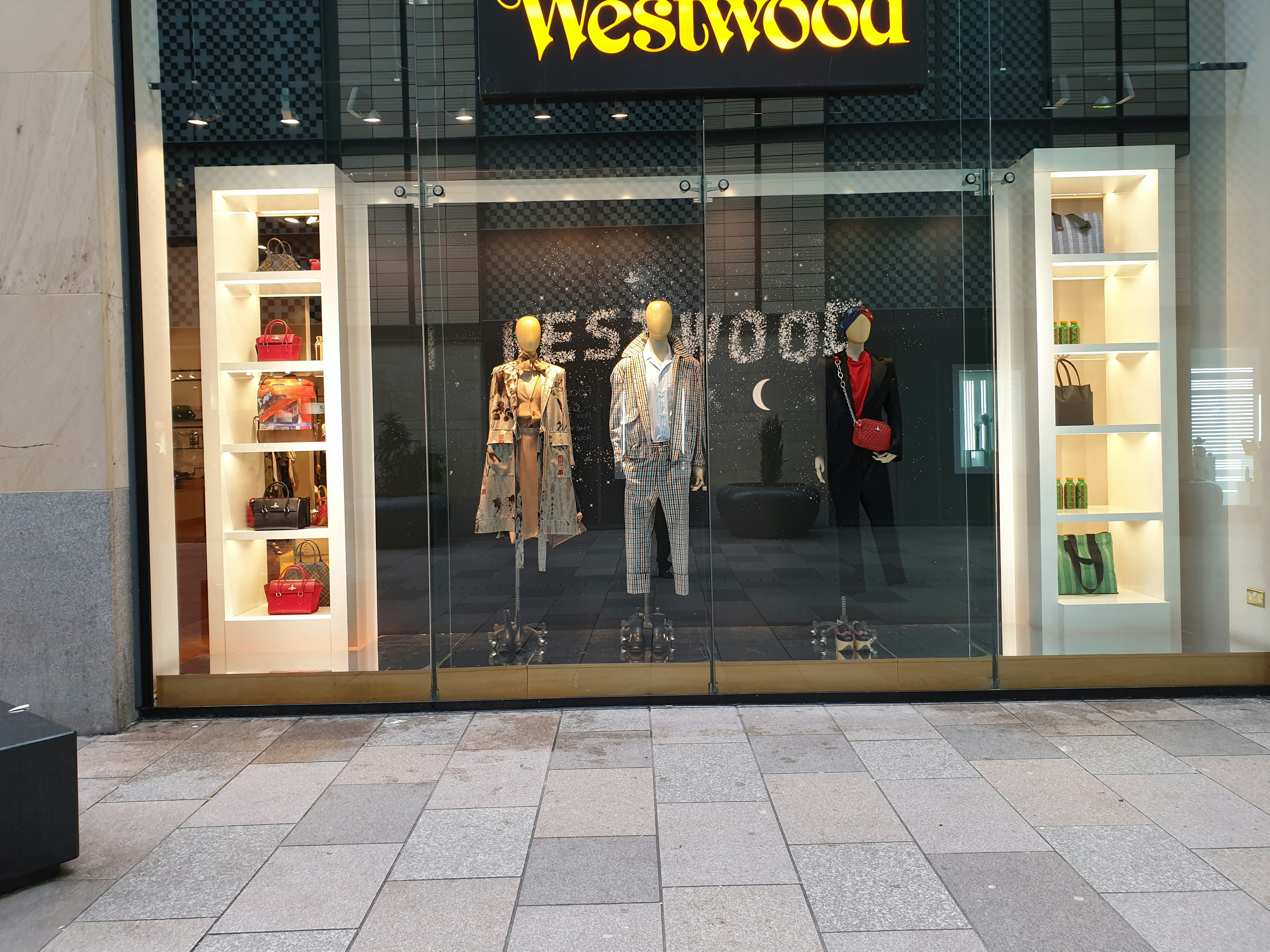The Birth of Le Labo: A Vision for Artisanal Fragrance
Founded in 2006 by Eddie Roschi and Fabrice Penot, Le Labo emerged from a shared vision to redefine the fragrance industry. The duo sought to create a brand that emphasized artistry and personalization, principles that were often overlooked in the mass-produced world of scents. Their approach was not just about crafting fragrances, but about establishing a unique narrative that resonated with consumers on an emotional level. This emphasis on storytelling transformed how people perceive perfume, making it a deeply personal experience rather than just a commodity.
In the brand’s early days, Roschi and Penot focused on hand-blending scents, underscoring the philosophy that true craftsmanship is paramount in creating high-quality perfumes. Each fragrance was made to order, allowing customers to participate in the customization process. This personal touch fostered strong connections between the consumers and the fragrances, leading to a cult following among fragrance enthusiasts. Le Labo’s signature technique not only highlights their commitment to quality, but it also reaffirms the notion that scent is a powerful medium for conveying individual identity and emotion.
The artistry in perfumery is richly illustrated through Le Labo’s distinctive scents, each crafted with a meticulous selection of ingredients. By prioritizing freshness and craftsmanship, the founders ensured that every fragrance would evoke specific memories and feelings, culminating in a unique sensory experience. The early enthusiasm surrounding Le Labo was fueled by a community that began to appreciate the artistry involved in perfumery, marking a significant shift within the industry. What began as a personal vision has grown, evolving into a brand that embodies the very essence of artisanal fragrance, reverberating through the lives of those who cherish it.
The Signature Scents: Santal 33 and Beyond
Le Labo has garnered a reputation for crafting distinctive fragrances that evoke a sense of artistry and individuality. At the forefront of its collection stands Santal 33, a fragrance that has transcended mere scent to become a cultural phenomenon. Recognized for its alluring blend, Santal 33 is characterized by prominent notes of sandalwood, cardamom, and violet. The creamy richness of sandalwood is harmoniously balanced by the warmth of cardamom, creating an olfactory experience that is both invigorating and grounded. Violet adds a delicate floral nuance, lending an air of sophistication to this iconic fragrance.
The appeal of Santal 33 lies not only in its complex scent profile but also in its ability to resonate with a diverse audience. It has become a signature fragrance for many, regarded as unisex and universally wearable, which further contributes to its allure. This scent reflects a modern take on classic perfumery, inviting individuals to express their uniqueness while enjoying a shared olfactory language.
Beyond Santal 33, Le Labo’s collection features a plethora of other noteworthy fragrances, each with its own narrative and character. For instance, Rose 31 presents an intriguing interpretation of rose, infused with spicy and woody elements that challenge conventional floral scents. Similarly, Bergamote 22 is celebrated for its bright and refreshing citrus notes that intertwine beautifully with a musky base, showcasing the brand’s commitment to unexpected contrasts. Le Labo’s fragrances are more than just scents; they are stories encapsulated in bottles, designed to evoke emotions and memories.
With each fragrance, Le Labo remains dedicated to artisanal craftsmanship, ensuring that every creation reflects the brand’s ethos of authenticity and excellence. The signature scents of Le Labo, from the iconic Santal 33 to its diverse offerings, continue to captivate fragrance enthusiasts around the globe.
Cult Appeal: Why Le Labo Captivates Consumers
Le Labo has garnered a devoted following, achieving cult status within the fragrance community and broader pop culture. Central to this appeal is the brand’s unwavering commitment to producing fresh, hand-crafted fragrances that emphasize quality and authenticity. Each scent is meticulously developed using high-quality raw materials, ensuring that consumers receive an olfactory experience that is unique and memorable. This artisanal approach appeals to a growing demographic that seeks individuality and depth in their fragrance choices, distinguishing Le Labo from mass-produced perfumes.
The limited production runs of Le Labo fragrances further enhance their desirability. By offering exclusive scents and small batches, the brand cultivates a sense of urgency and scarcity. This exclusivity not only creates anticipation but also fosters a perception of luxury and prestige among consumers. The idea that one possesses a product that is rare adds to its allure, rendering Le Labo fragrances as coveted items in the realm of luxury perfumery.
A vital component of Le Labo’s appeal is the personalized experience available at its counters. Consumers are invited to have their fragrances freshly blended in-store, often accompanied by custom labeling that includes their name. This bespoke service not only enhances the consumer’s connection to the scent but also creates a memorable shopping experience. Such a personal touch is a significant differentiator in a market often characterized by impersonal transactions.
The role of social media and influencers cannot be overlooked in understanding Le Labo’s cult appeal. Platforms such as Instagram have allowed consumers to share their experiences and showcase their signature scents, amplifying the brand’s visibility and desirability. Influencers often highlight Le Labo’s unique offerings, further enhancing its status within contemporary culture. Through a combination of authenticity, exclusivity, and innovative marketing, Le Labo captivates consumers and solidifies its reputation as a leader in artisanal fragrances.
From Indie Brand to Estée Lauder: Evolution and Future Prospects
Le Labo, a brand that has captivated fragrance enthusiasts since its inception in 2006, has undergone a noteworthy evolution. Starting as an independent company with a commitment to artisanal craftsmanship, Le Labo has carved a niche in the highly competitive fragrance industry. The brand’s unique approach, which emphasizes handcrafted scents and a personalized shopping experience, set it apart from mass-market alternatives. However, in 2014, Le Labo was acquired by the Estée Lauder Companies, a move that raised questions about the future of its artisanal identity.
The partnership with Estée Lauder has presented both opportunities and challenges for Le Labo. On one hand, the acquisition has provided the brand with access to greater resources, enabling it to enhance its production capabilities and expand its reach into new markets. Increased distribution means that customers worldwide can now experience Le Labo’s signature fragrances, which may lead to broader recognition and an increased customer base. However, this growth comes with the delicate task of maintaining the brand’s commitment to quality and personal touch, which originally endeared it to its loyal clientele.
As Le Labo navigates this new landscape, it is crucial for the brand to balance its artisanal roots with the demands of a larger corporate structure. The fragrance industry itself is also evolving, marked by shifts in consumer preferences, environmental consciousness, and the rise of niche competitors. Innovations in sustainable practices and ingredient sourcing are becoming paramount, and Le Labo must adapt to these changes while staying true to its core values. Collaboration with local artisans and a focus on sustainability could be key strategies for maintaining its unique identity amidst growing commercial pressures.
Looking ahead, the future of Le Labo lies in its ability to innovate while honoring its artisanal beginnings. The brand’s continued success will depend on its capacity to embrace change and meet the evolving desires of fragrance consumers without diluting the essence of what makes Le Labo special.
